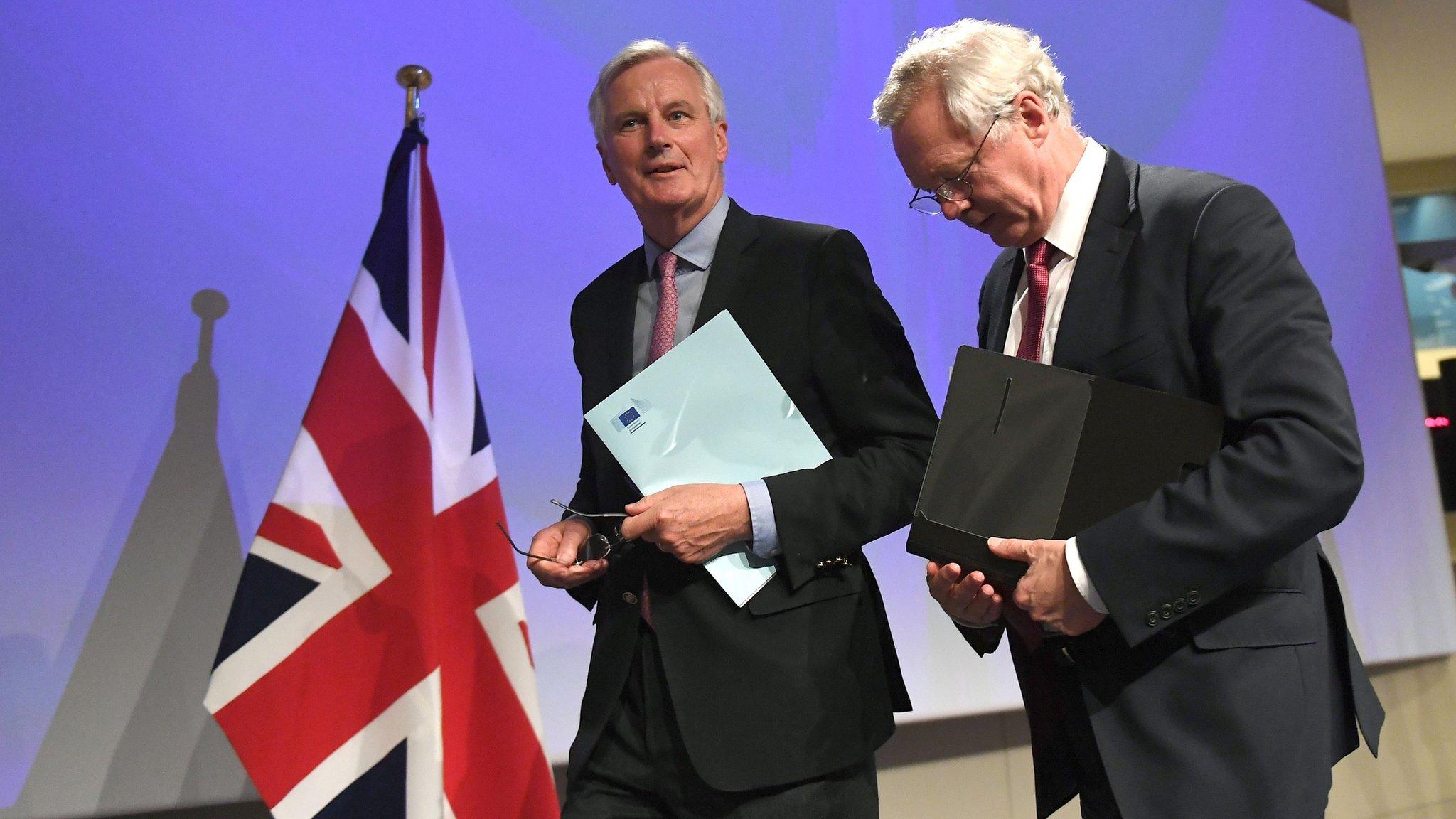Carney and Hammond join forces on Brexit risk
- Published
- comments
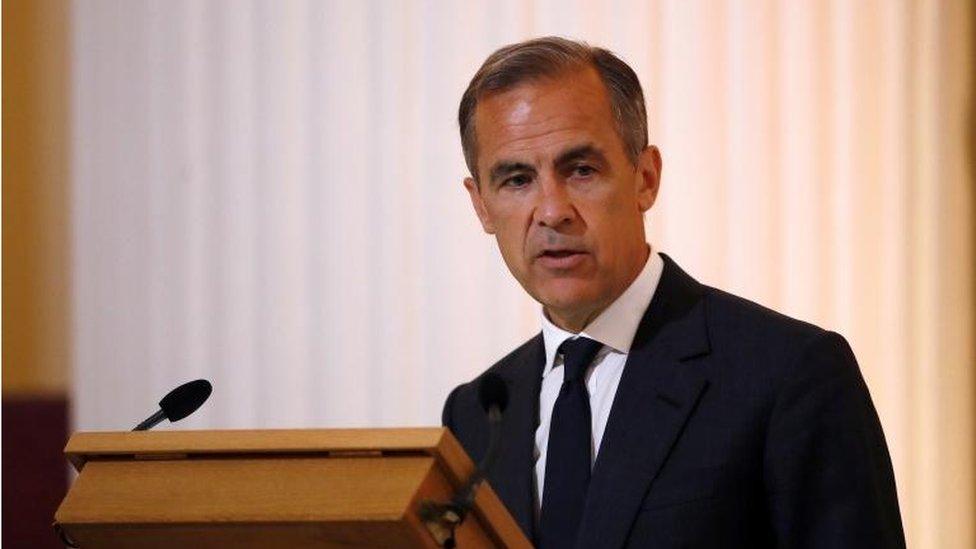
So, he's said it.
Mark Carney made the direct link between "weaker real income growth" and the process of leaving the European Union.
Brexit is likely to make people poorer, the governor of the Bank of England said.
Since the referendum the markets have sold off sterling, making the currency weaker and increasing inflation in the UK.
That means that price rises are now running ahead of wage growth and real incomes are falling again.
Mr Carney's speech at the Mansion House called for an "innovative, co-operative and responsible" approach to Brexit.
"Fragmentation is in no-one's interest," he argued when it came to the key relationship of financial services in particular.
Some might describe that as a plea for a "soft" Brexit - no cliff edge at the end of exit negotiations, rather a "slope" - as the chancellor has described it.
Speaking alongside the governor, Philip Hammond said that no-one voted for Brexit to become poorer.
He also made it clear that he wants to put the economy at the heart of the Brexit negotiations.
Rather than sovereignty or controlling immigration, which are the issues likely to motivate other colleagues in the Cabinet and certainly in the Conservative Party.
The tensions are clear.
The chancellor - strengthened since the general election - gave the greatest detail yet about what his approach might mean for our future relationship with the EU.
Yes, as he said at the weekend, the UK will be leaving the customs union.
But he made the case for a new form of customs agreement with "current border arrangements" - which presumably means agreeing to some form of EU oversight for some years following Britain's exit from the union.
It is nailing down this "transition" or "implementation" period which is important for many businesses.
Some will be relieved that both Mr Carney and Mr Hammond are calling for Britain to play a longer game when it comes to the Brexit process.
Others may fear that tying the UK formally to the EU after Britain leaves the union in March 2019 could mean, for a few years of transition at least, Brexit does not, quite, mean Brexit.
- Published20 June 2017
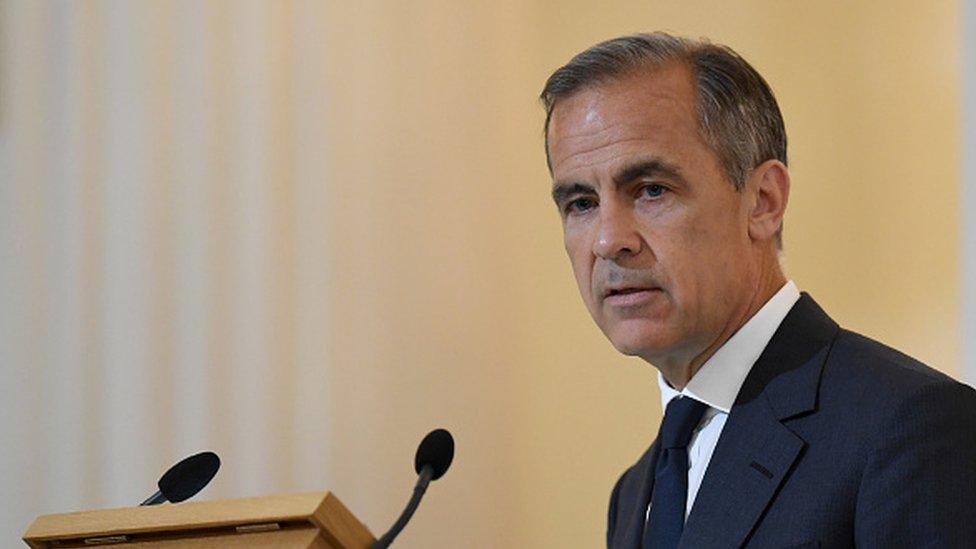
- Published20 June 2017
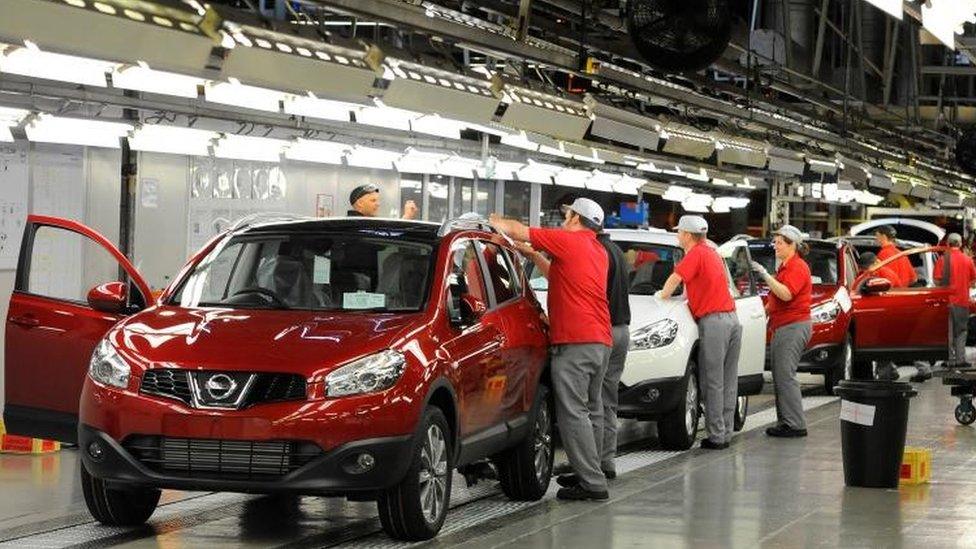
- Published20 June 2017
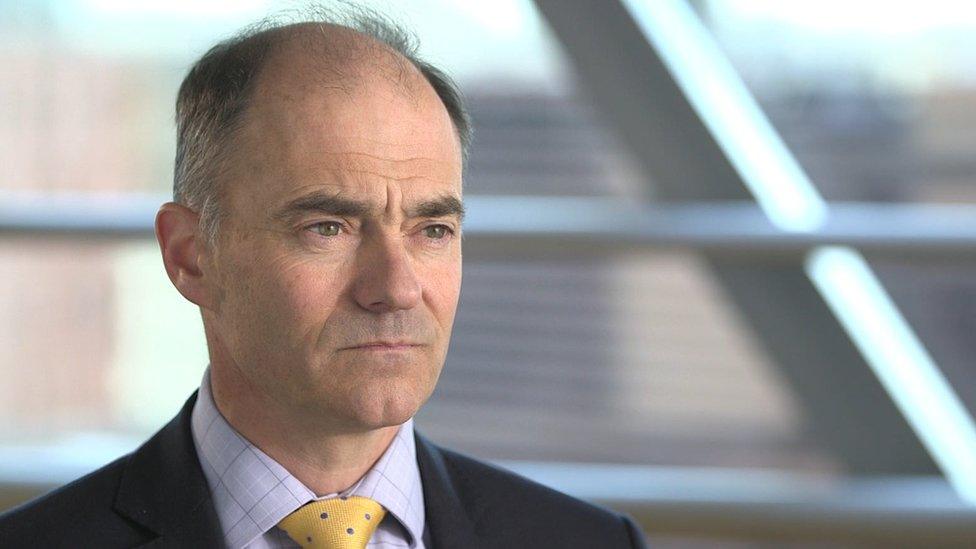
- Published19 June 2017
